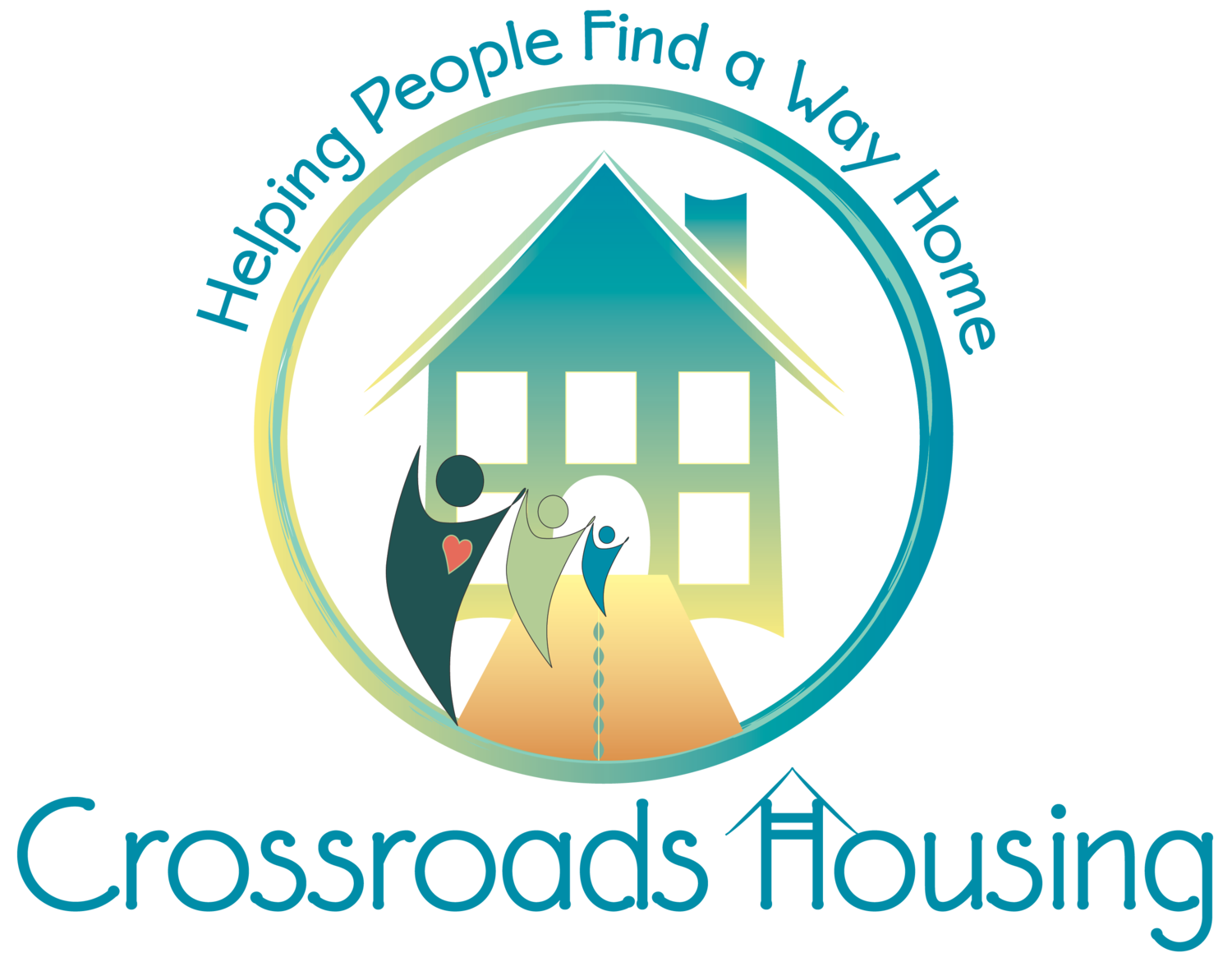SERVICES PROVIDED
We understand that the demand for our services is high, we are working diligently to assist as many individuals and families as possible.
Diversion & Coordinated Entry
Diversion & Coordinated Entry (CHG 2.1.3): Coordinated Entry refers to the process used to assess and assist in meeting the housing needs of people at-risk of homelessness and people experiencing homelessness. Diversion can sometimes include a small amount of financial assistance, sometimes just case management type services. When thinking about diversion, think of this as a one-time financial assistance to help resolve a housing crisis. Key components are problem solving conversation and creativity.
Case Management
Case management is used as a comprehensive term to include all types of positions within the homeless crisis response system that work with program participants to improve housing stability and positive housing outcomes. It may be navigators, care coordinators, case managers, or similar job titles that perform these functions. The role of these individuals is critical to the success of program participants by reducing the length of time homelessness, reducing returns to homelessness, and achieving housing stability quickly.
Pathways
A specialized case management system that strives to come together to support under-resourced clients and to improve health and well-being. Crossroads Housing staff work to help clients develop a care plan based on identified risks and needs and use Pathways Learning Modules to help clients learn how they can improve their health.
Street Outreach
Street Outreach (CHG 1.4.3.1): Tool used to engage some of the most vulnerable and marginalized community members. Outreach teams can help build trust and help people engage with the system who otherwise wouldn’t. Some members of highly vulnerable populations are weary of systems (youth and veterans). Outreach helps people get connected to mainstream resources. Outreach could be going to partner agencies or mainstream services to get people connected to the system. Outreach could also be going to encampments, parking lots, or other locations where the vulnerable populations may congregate.
Point in Time Count
PIT Count (CHG 2.1.4.3): The Point in Time Count is an annual census of how many people and households are experiencing homelessness in one night. The pop-up event is usually held on the last Friday in January. PIT
Temporary Emergency Family Shelter
Emergency Shelter (ES) (CHG 1.4.1.1): Emergency Shelters provide short-term shelter for families experiencing homelessness. Emergency shelters meet the immediate need for shelter, can be facility-based, or operated through hotel/motel vouchers. Emergency Shelters are measured on the ability to be at capacity, are racially equitable, and the number of households that exit shelters into positive housing outcomes.
Transitional Housing
Transitional Housing (CHG 1.4.1.2): Transitional Housing (TH) is subsidized, facility-based housing that is designed to provide long-term (up to 2 years) temporary housing that moves households experiencing homelessness into permanent housing. Lease or rental agreements are required between the transitional housing project and the household.
Low Income Apartments
One- and two-bedroom apartment style units, for families or individuals earning less than 50% of the Mason County average median income are eligible to apply.
Our residents often stay with us for many years, making turnover very limited.
Permanent Housing Interventions
There is various rental assistance program operated through Crossroads Housing. Our team is dedicated to helping individuals find the best program that fits their unique situation and needs. Please note that funding is not guaranteed, and the length of time for assistance will vary based on each individual's circumstances and barriers to housing independence.
Although length of time varies on situation no program offered can extend beyond 24 months.
Homeless Prevention / Eviction Prevention (HP) (CHG 1.4.2.1): Eviction Prevention helps households who are at risk of homelessness to maintain or obtain stable housing and avoid homelessness. Services include housing-focused case management and temporary rent subsidies. For case management, housing first practices will be utilized.
Rapid Rehousing (RRH) (CHG 1.4.2.2): Quickly moves households from homelessness into permanent housing by providing move in assistance, time-limited rent subsidies and housing focused case management to maintain housing when the subsidy ends.
Permanent Supportive Housing (PSH) (CHG 1.4.2.3): Permanent Supportive Housing is subsidized, non-time-limited housing with support services for homeless households that include a household member with a permanent disability.
